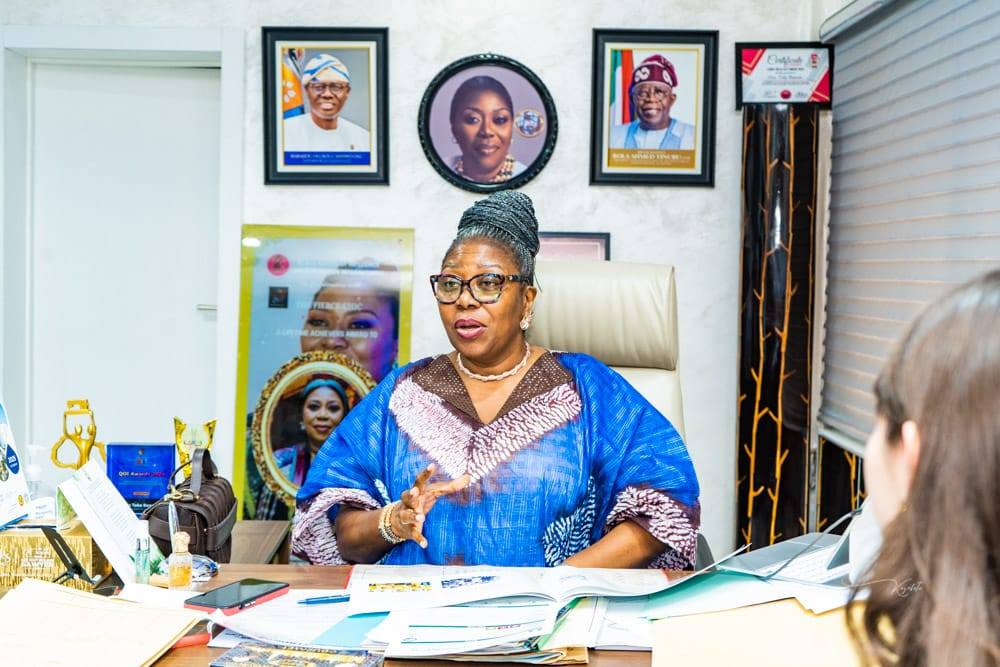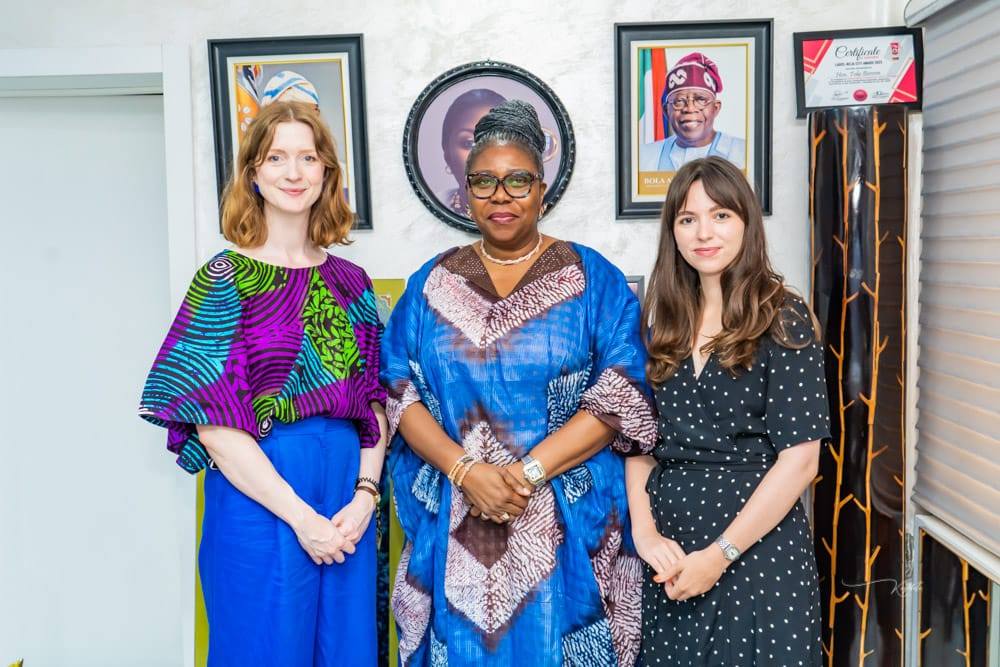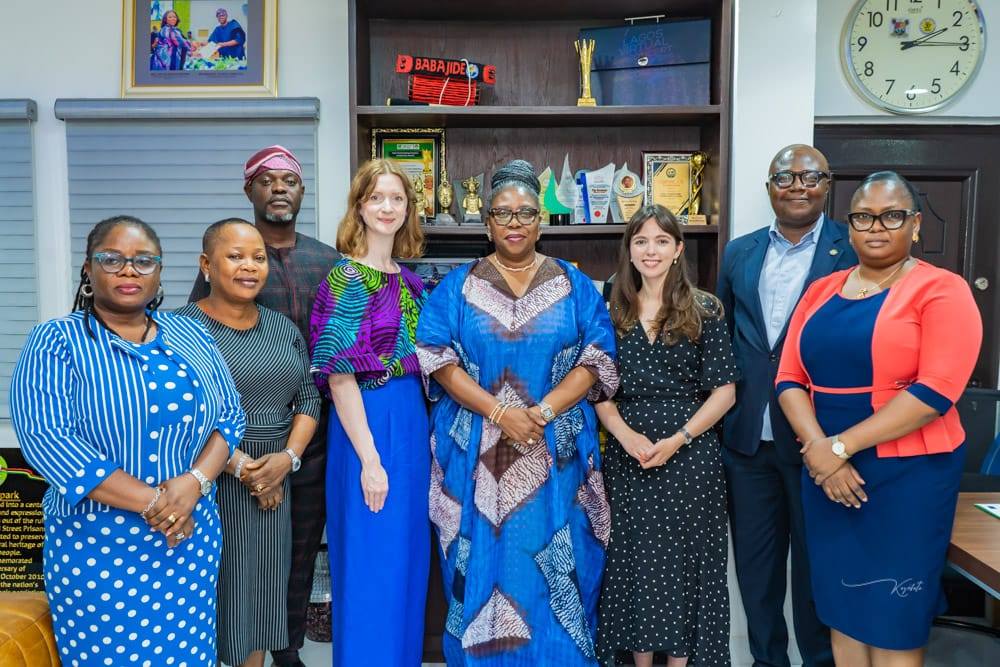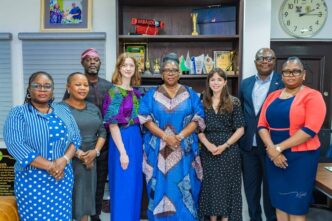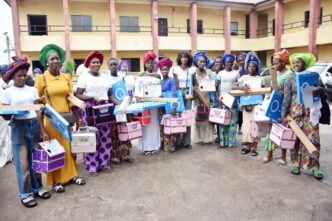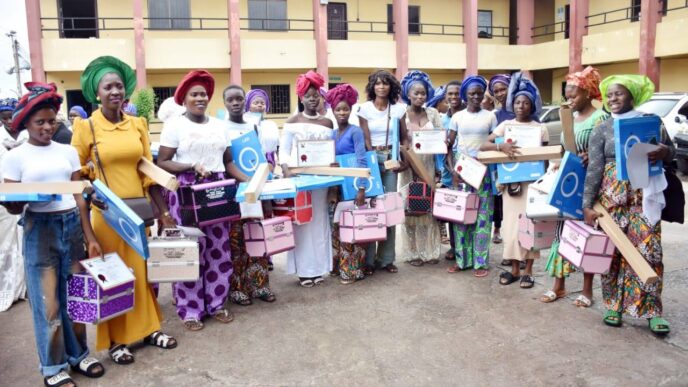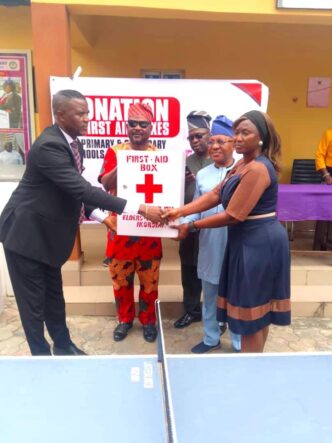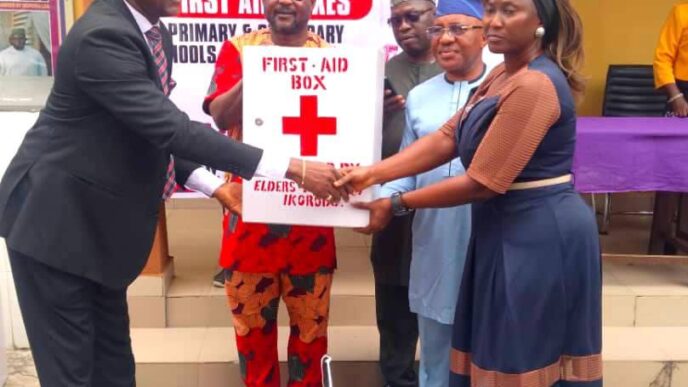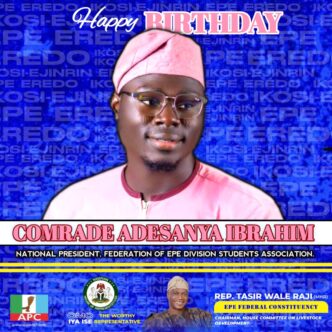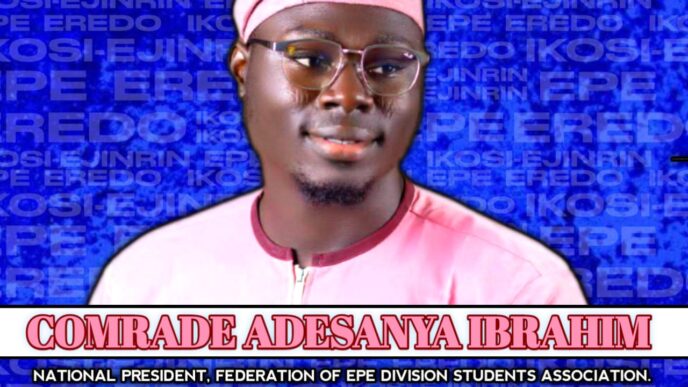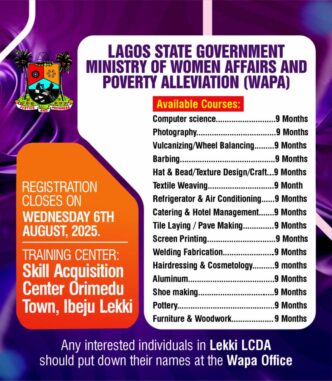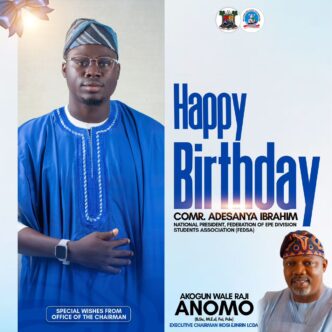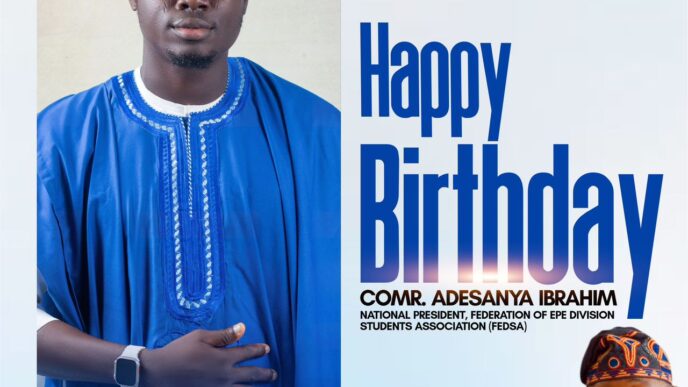In a landmark effort to bolster the creative economy of Lagos State, the Ministry of Tourism, Arts and Culture has entered into a strategic partnership with the European Union Global Diaspora Facility (EUDiF) to expand training opportunities in heritage preservation and cultural development.
EpeInsights learnt that the partnership was officially sealed on Monday, August 4, 2025, during a virtual meeting held at the Commissioner’s office in Alausa, Ikeja.
The session brought together the Lagos State Commissioner for Tourism, Arts and Culture, Mrs. Toke Benson-Awoyinka, and EUDiF representatives based in Germany — Ms. Lisa Bezvershenko and Ms. Charlotte Griffiths.
This collaboration is designed to build both local and international capacities, promote community-led cultural preservation, and strengthen sustainable cultural practices within Lagos State’s creative ecosystem.
The joint training programme is set to kick off in the third week of August 2025 and will be rolled out across the five administrative divisions of Lagos. It will take a multi-stage approach, targeting 50 participants and focusing on imparting practical, creative industry skills aligned with heritage conservation and cultural expression.
Speaking on the significance of the partnership, Commissioner Benson-Awoyinka described it as a critical component of the State’s broader heritage and cultural sustainability strategy. She stressed the importance of cultural identity, stating: “If one loses their language, they have lost their identity in life.”
She also reiterated the State Government’s commitment to revitalising museums and heritage spaces, citing the ongoing transformation of the J. Randle Centre for Yoruba Culture and History as a flagship project.
“A museum is not a profit-making venture but a legacy for future generations. Our goal is to ensure heritage sustainability while encouraging both local and international tourists to return for our festivals,” she added.
EUDiF’s Ms. Charlotte Griffiths, in her remarks, highlighted the long-term vision of the programme, noting that it is designed to scale and be replicated across West Africa.
“This is not just about delivering knowledge. It’s about co-creating with local stakeholders designing a programme that strengthens existing structures, addresses real needs on the ground, and ensures lasting impact across the cultural sector.”
According to Griffiths, the training will directly enhance the quality of heritage-themed performances at festivals and events throughout Lagos, making cultural tourism more vibrant and economically viable.
As Lagos continues to position itself as the cultural capital of West Africa, this partnership is expected to open new frontiers for creative empowerment, heritage promotion and economic growth.